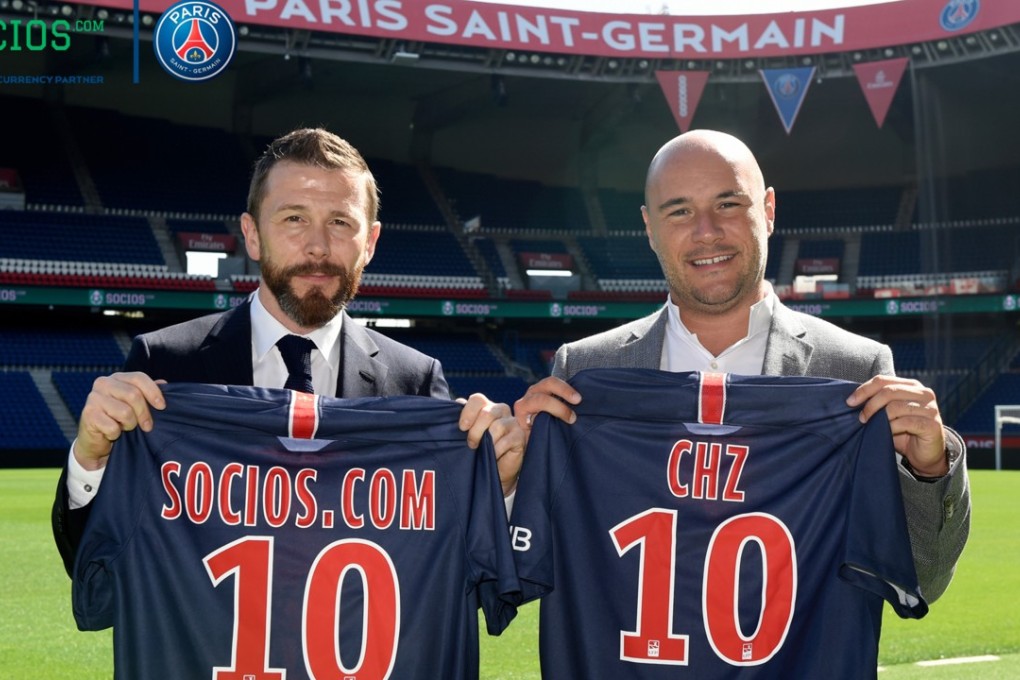Online poker businessman behind plans by Juventus, PSG to sell cryptocurrency tokens to soccer fans
French entrepreneur Alexandre Dreyfus’s Malta-based Mediarex Group is owner of the Global Poker Index, equivalent to the ATP rankings in tennis. His latest venture is signing up professional sports teams to sell cryptocurrency tokens to fans

Armchair managers rejoice!
Diehard soccer fans may soon be able to demonstrate they really know better if a French entrepreneur’s idea of selling voting rights on club decisions through cryptocurrency tokens takes off.
That moved one step closer after Italian football club Juventus this week unveiled plans to launch tokens for its more than 340 million fans globally as early as the first quarter of next year, which will give them voting rights on some of the club’s decisions. The move comes two weeks after a similar initiative from French champion Paris Saint-Germain (PSG).
Behind the token launches is a blockchain start-up called chiliZ, which operates the sports voting platform Socios.com. Founded by French entrepreneur Alexandre Dreyfus just 15 months ago, the Malta-based venture has raised US$66 million from investors including Beijing-based venture firm FBG Capital and Binance, operator of one of the world’s biggest cryptocurrency exchanges.
Explaining how the blockchain-powered fan voting system works, Dreyfus said it is up to sports teams themselves to decide how many tokens they will sell and what kinds of voting rights are attached. For big names like Juventus, he said, fans are likely to have a voice on less important decisions such as the colour of team shirts, summer-tour stops – and perhaps friendly line-ups in the future.
Dreyfus, however, said smaller clubs that are less structured may ask their fans “to sometimes guide them on player selections”.
“What we are doing is to help these clubs listen to, and hear their fans, and to monetise them as well,” Dreyfus said in a phone interview. “Of course, you can sell voting rights, but blockchain gives you transparency and the creation of unique digital assets that you cannot change.”